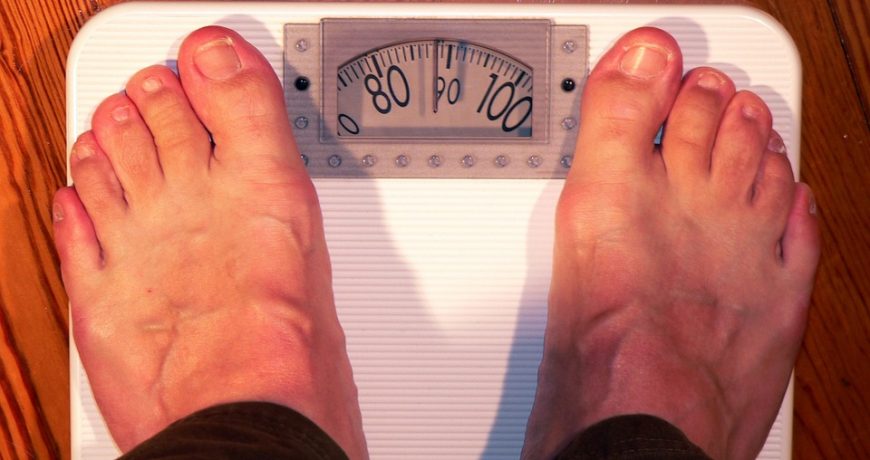The foods that trigger the yo-yo diet Leave a comment
Article from What Doctors Don’t Tell You
By Bryan Hubbard
Avoiding carbohydrates after you’ve slimmed down will help you keep the weight off. A low-carb diet is an antidote to yo-yo dieting, a common problem for people who lose weight only to put all back on again within a year or so.
Eating fewer carbs can achieve an average weight loss that’s 20 lbs (9 Kgs) greater than a high-carb diet, even when the amounts being consumed are similar, say researchers from the Boston Children’s Hospital.
And the type of carbs being eaten also matter. For many obese people, their diets mainly consisted of processed foods—often low-fat—that quickly raised insulin levels, which was stored in fat cells.
“With fewer calories available to the rest of the body, hunger increases and metabolism slows—a recipe for weight gain,” said lead researcher David Ludwig.
The researchers tracked 234 overweight people who lost an average of 10 to 14 per cent of body weight when they were put on a standard diet. But what happened next was what interested the researchers—would the dieters put the weight back on? To find out, they put the group on one of three maintenance diets, ranging from high- to low-carb.
For five months, the participants followed one of the three diets—and the carbs being eaten were ‘high quality’, the researchers said, and weren’t from processed foods, but from whole grains.
Even though the high-carb dieters were eating ‘quality carbs’, they weren’t burning the calories that those on a low-carb diet were achieving. On average, the low-carb group was burning 250 calories a day more than the high-carb dieters, and this translates into a 20-lbs weight loss after three years, the researchers estimated.
The difference was greater still in people who had the highest levels of insulin, and they were burning around 400 fewer calories a day. The researchers discovered that those on the low-carb diet had lower levels of a hormone, ghrelin that slows calorie burning.
“Our observations challenge the belief that all calories are the same to the body”, said Cara Ebbeling, another researcher.
References
(Source: BMJ, 2018; k4583)

